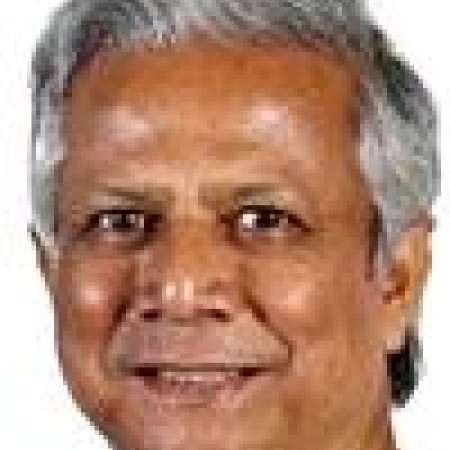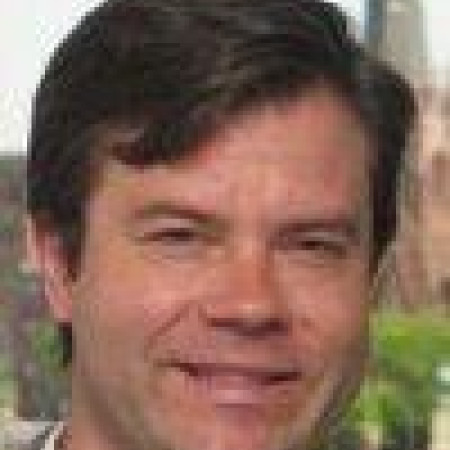Linda Rottenberg - Taking Entrepreneurism International
Ten years ago, "entrepreneur" didn't exist in the lexicon of many parts of the world. Now, thanks to the work of a nonprofit called Endeavor, entrepreneurs are emerging in countries where such activity was once impossible. Invited to speak at the Center for Social Innovation at Stanford, Linda Rottenberg shares in this audio lecture how her organization has gone from a "crazy" idea of two business school graduates to an important engine for empowering entrepreneurs in Latin America and beyond.
















